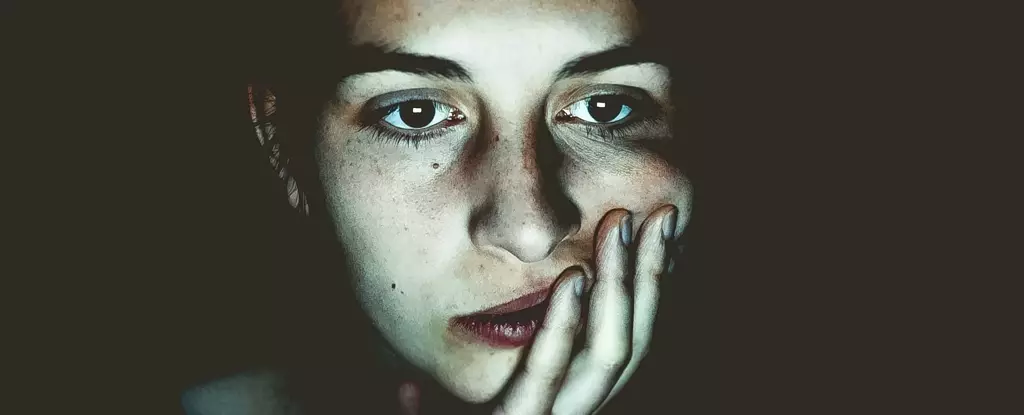In today’s fast-paced society, the importance of sleep is often overlooked, with a growing trend of sleep deprivation sweeping through social media. Individuals, particularly the youth, are somehow romanticizing the idea of staying awake for prolonged periods, heralding it as a badge of honor. One notable case is that of a 19-year-old YouTuber, known as Norme, who attempted to set a new world record by staying awake for a grueling 264 hours and 24 minutes. The alarming spectacle of the “no-sleep challenge” not only raises concerns about individual health but also highlights an alarming cultural trend that trivializes sleep, which is crucial for our well-being.
Norme’s attempt, while garnering significant online attention, sparked reactions from viewers who voiced concern for his deteriorating health during the live stream. Despite completing his challenge, he faced bans from platforms like YouTube and Kick, a necessary response considering the potential hazards associated with such extreme behavior. However, it is crucial to remember that these types of challenges are not new; they hark back to earlier record attempts, such as Robert Mcdonald’s notorious 453 hours of wakefulness back in 1986, a record that was deemed too dangerous for recognition by Guinness World Records in 1997 due to safety concerns. Such instances illustrate that glorifying sleep deprivation is fraught with peril and could have severe implications for mental and physical health.
Sleep is not merely a state of rest; it is a complex physiological process that involves multiple stages, each playing a vital role in bodily restoration. Adults are recommended to strive for at least seven hours of sleep each night, and this need is underscored by research linking chronic sleep deprivation to a myriad of health issues such as depression, diabetes, obesity, and cardiovascular diseases. During the different stages of sleep, body systems engage in critical repair and recovery functions. The first three stages are dominated by the parasympathetic nervous system, responsible for slowing heart rates and lowering blood pressure, while the vital REM stage supports cognitive functions including creativity and memory consolidation. Depriving ourselves of these cycles can lead to profound consequences.
Sleep deprivation typically manifests in two forms: acute and chronic. Acute sleep deprivation, even if it occurs over a short span of one or two days, can yield considerable cognitive impairments — even more severe than being over the legal limit for alcohol consumption. Initial symptoms of acute deprivation include puffy eyes, irritability, and difficulty concentrating. The situation exacerbates rapidly: after two days without sleep, individuals may experience increased irritability and cognitive decline, eventually leading to phenomena like microsleeps that can interfere with daily functions.
By the third day of wakefulness, the psychological effects deepen substantially. Individuals can slide into a state where depersonalization occurs—feeling detached from reality—propelling them toward disorientation and hallucinations. The allure of extreme sleep deprivation for entertainment drastically overshadows the dangerous potential of sleep deprivation psychosis, a debilitating condition where reality becomes distorted.
Recovery from sleep deprivation is not universally effective; while some individuals may rebound after one night of rest, others might require longer periods for full recuperation. Research indicates that even brief episodes of sleep deprivation can trigger lasting metabolic changes, including weight gain and reduced insulin sensitivity, raising fundamental questions about the sustainability of sleep deprivation.
Furthermore, certain populations such as shift workers may face chronic sleep deprivation, linked with increased risks of serious health conditions and even premature mortality. Studies support the correlation between inadequate sleep and life expectancy, highlighting the critical need for a cultural shift that values sleep hygiene over fleeting trends.
In the end, the “no-sleep challenge” exemplifies a deeper societal issue where sleep is disparaged, and productivity is placed above personal health. By promoting healthy sleep practices and emphasizing the necessity of 7-9 hours of quality sleep, we can pave a path toward a healthier society. Rather than engaging in potentially dangerous challenges for online clout, making sleep a priority is crucial for our long-term well-being. It is vital that we cherish sleep as the rejuvenating process it is, for a well-rested body and mind will invariably yield better days ahead.

